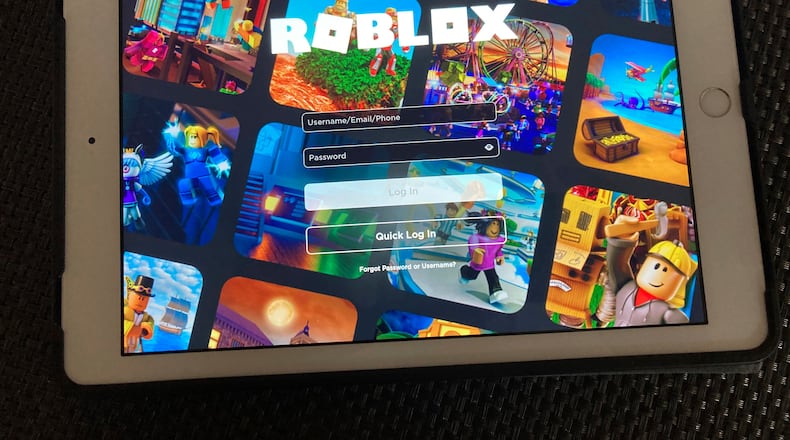The company had previously announced the age estimation tool, which is provided by a company called Persona, in July. It requires players to take a video selfie that will be used to estimate their age. Roblox says the videos are deleted after the age check is processed. Users are not required to submit a face scan to use the platform, only if they want to chat with other users.
Roblox doesn’t allow kids under 13 to chat with other users outside of games unless they have explicit parental permission — and unlike different platforms, it does not encrypt private chat conversations, so it can monitor and moderate them.
While some experts have expressed caution about the reliability of facial age estimation tools, Matt Kaufman, chief safety officer at Roblox, said that between the ages of about five to 25, the system can accurately estimate a person's age within one or two years.
“But of course, there’s always people who may be well outside of a traditional bell curve. And in those cases, if you disagree with the estimate that comes back, then you can provide an ID or use parental consent in order to correct that,” he said.
After users go through the age checks, they will be assigned to age groups ranging from under nine, nine to 12, 13 to 15, 16 to 17, 18 to 20 and over 21. Users will then be able to chat with their age group or similar age groups, depending on their age and the type of chat.
Roblox said it will start enforcing age checks in Australia, New Zealand, and the Netherlands in the first week of December and the rest of the world in early January.
A growing number of tech companies are implementing verification systems to comply with regulations or ward off criticism that they are not protecting children. This includes Google, which recently started testing a new age-verification system for YouTube that relies on AI to differentiate between adults and minors based on their watch histories. Instagram is testing an AI system to determine if kids are lying about their ages.
